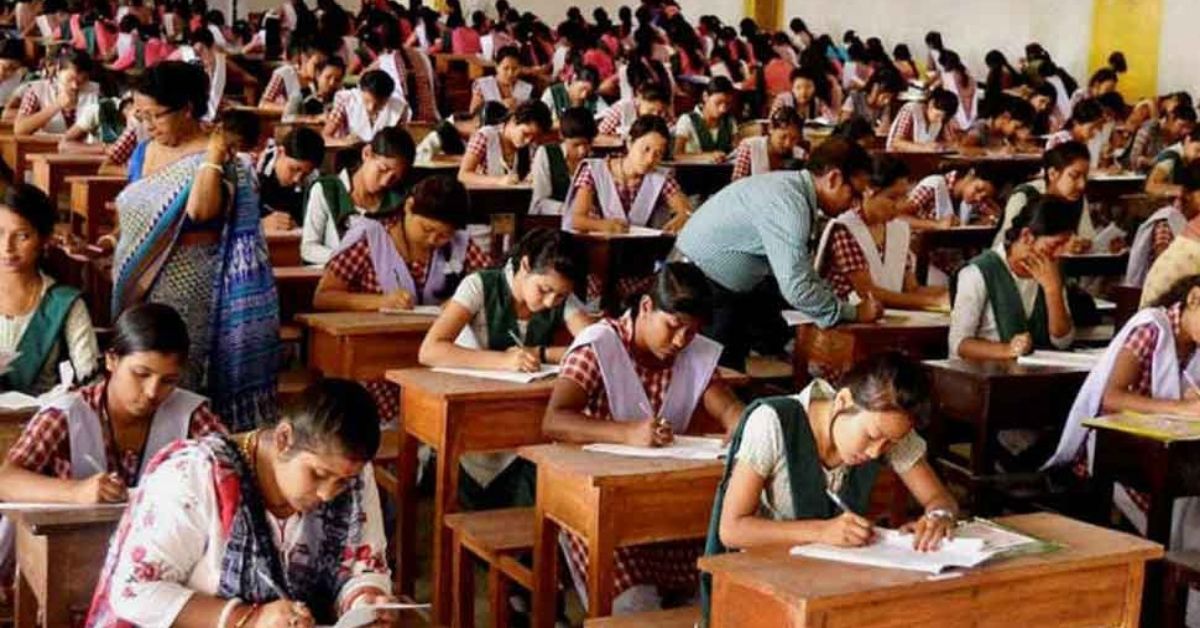What are the best optional subjects for UPSC? Do I need coaching for it? For how long do I need to study? What is the toughest paper?
If you are a UPSC aspirant, you’ve thought of these and many questions even as others wonder about the hype. Well, for those new to the universe of the civil services examination, here’s why choosing the right optional subject is crucial for candidates taking the coveted exam.
What are optional papers?

Optional papers (Paper VI and Paper VII) of the UPSC Mains examination carry 500 marks. This accounts for almost 25 per cent of the total marks (2025), which is a combination of the written and personality tests.
So, for many, the optional paper can make or break their chance at clearing one of the toughest exams in the country.
Many toppers usually show a trend of scoring high in their optional subject, giving them an edge over their competitors.
AIR 59, R A Israel Jebasingh, an IAS officer in the 2004 batch, also the Director, Officers IAS Academy, Chennai, writes on Quora how “marks in the optional paper decide whether or not you’ll get your interview call, your dream service, and your dream cadre.”
As per UPSC guidelines, “The questions [in the optional paper] are likely to test the candidate’s basic understanding of all relevant issues, and ability to analyze, and take a view on conflicting socio‐economic goals, objectives, and demands. The candidates must give relevant, meaningful and succinct answers.”
Israel Jebasingh lists a step-by-step guide on how to choose your optional subject. Read his full post on Quora here.
- Take the time to read the list of all the UPSC optional subjects. Narrow your options to three and make sure that these subjects are your forte.
- Another way to make this choice would be to solve question papers from previous years.
- Still confused? Try to pick a subject that most interests you.
- Additionally, a subject in which you have some knowledge would be ideal as it is relatively easier to sail through its preparation rather than learning a new one from scratch. For example, if you have studied the subject in high school or graduation and think that you were strong at it, you should go for it.
- One of the most important criteria for choosing the optional subject is ease of access and the availability of study material and guidance. Whether you decide to self-prepare or seek coaching, you have to cover the entire portion. So your study sources are extremely crucial in developing first-hand knowledge in the subject area. Seek guidance to find the best sources, and if that seems difficult, turn to good coaching institutions in your neighbourhood.
Still not satisfied?
Well, The Better India got in touch with one of the toppers for tips in choosing the optional subject.
Haryana-based Anu Kumari made headlines after she topped the Union Public Service Commission 2017 with Rank 2.
Speaking to The Better India, she says, “The most important thing is to choose an optional subject in which you have the availability of study material and guidance, perhaps a teacher, a senior, an acquaintance or friend who can help you. Someone who can guide you about sourcing the right reading material and give you tips on writing clear and relevant answers.”
The second criteria Anu adds is “your interest in the subject”.
And the third is the overlap in content with the General Studies subjects. “The more, the better it is,” she says.
Based on these parameters, Anu chose sociology as her optional subject.
When asked about how long to study, she answers, “Though the preparation time differs for each aspirant, since lakhs of students take the examination every year, we can broadly generalise a few things. Preparation for optional subjects in humanities (like sociology, anthropology, history, psychology) takes between 3-4 months of dedicated preparation. By this, I mean, when you are preparing for your optional, you shouldn’t be studying your General Studies. Concentrate on that, and current affairs. I followed a similar approach, which worked well for me.”
Also Read: Exclusive: Tips & Shared Notes From Topper Anu Kumari To Help You Crack UPSC!
With these tips, we wish you the best for the UPSC exams!
(Edited by Shruti Singhal)
Like this story? Or have something to share?
Write to us: contact@thebetterindia.com
Connect with us on Facebook and Twitter.
If you found our stories insightful, informative, or even just enjoyable, we invite you to consider making a voluntary payment to support the work we do at The Better India. Your contribution helps us continue producing quality content that educates, inspires, and drives positive change.
Choose one of the payment options below for your contribution-
By paying for the stories you value, you directly contribute to sustaining our efforts focused on making a difference in the world. Together, let's ensure that impactful stories continue to be told and shared, enriching lives and communities alike.
Thank you for your support. Here are some frequently asked questions you might find helpful to know why you are contributing?
